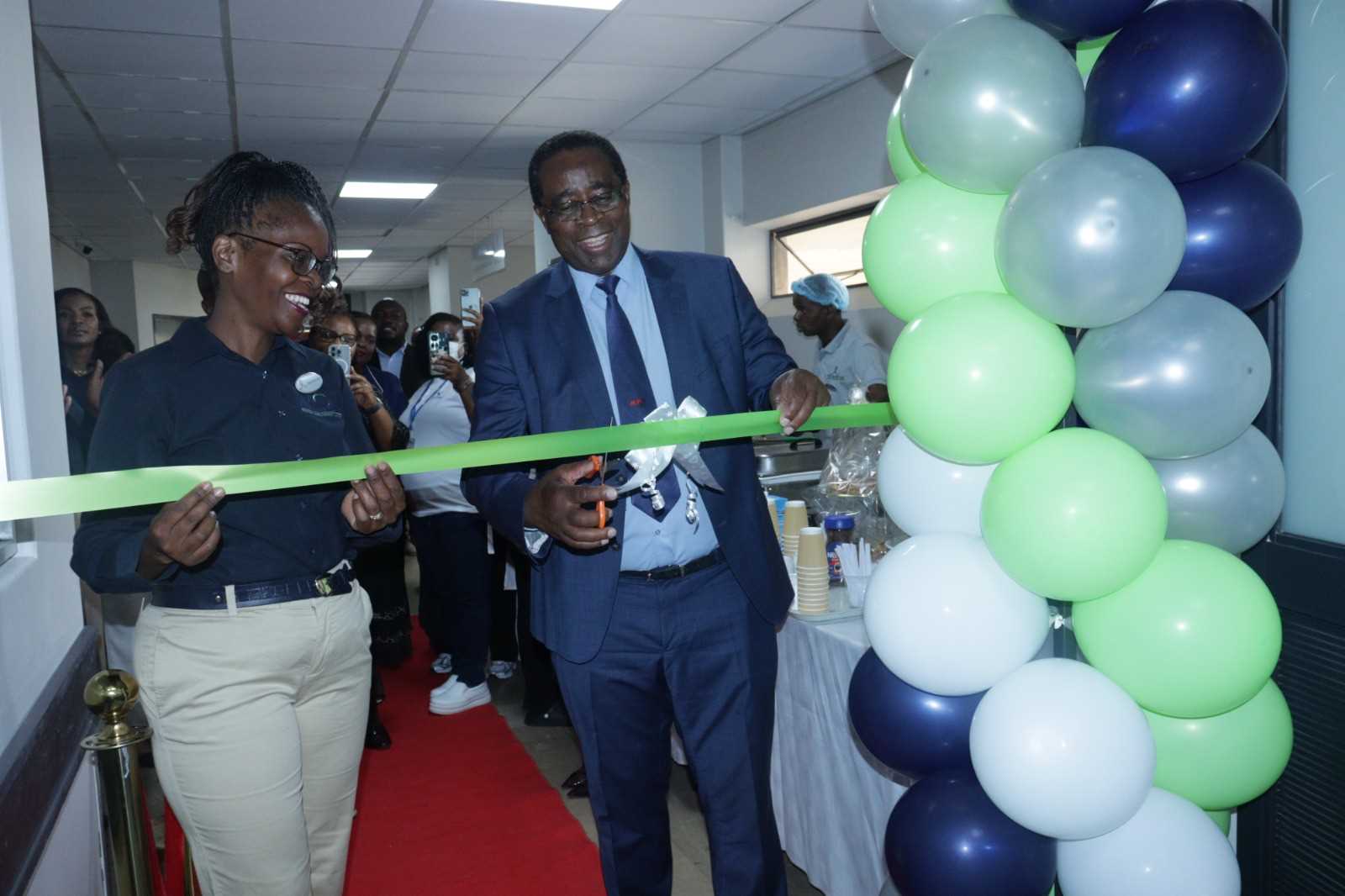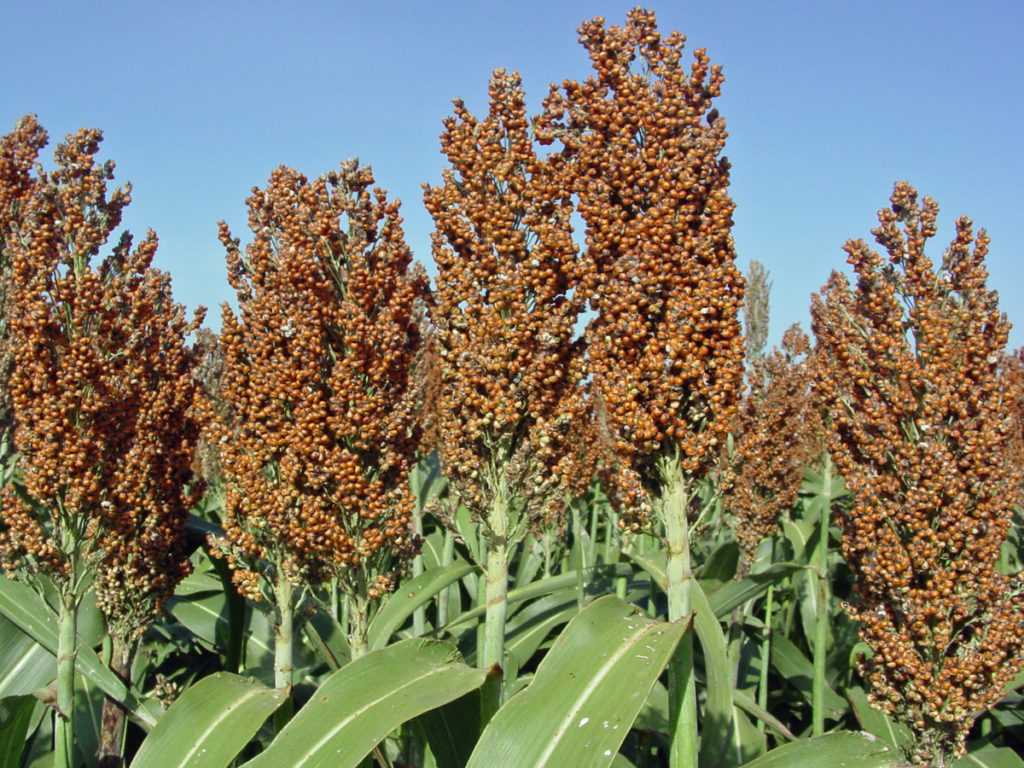
Audrey Galawu
Assistant Editor
African Distillers Limited has posted a resilient 7% revenue growth for the recent half-year, reaching US$26.2 million. Despite facing currency volatility, competition from illicit alcohol imports, and limited access to foreign currency, the company attributes this growth to increased volumes and strategic market positioning. Afdis recorded an 11% boost in product volumes, driven primarily by the Ready-to-Drink and wine segments, which grew by 22% and 13%, respectively.
The revenue increase reflects Afdis's strong performance in two main categories: RTD beverages and wines. The RTD segment benefited from targeted promotions and the successful launch of NightSky Gin & Tonic, which was well-received by consumers. Additionally, improved distribution strategies and enhanced availability of affordable wines contributed to the wine category's success, even as competition from cheaper and illicit spirits limited the category’s overall growth potential.
These focused efforts on expanding product offerings and reaching consumers through direct sales distribution have enabled Afdis to maintain a competitive edge in an otherwise challenging market.
Related Stories
While revenue grew, operating income for Afdis declined, standing at US$1.5 million for the period, lower than the prior year. The decline is partially due to thin margins, as the company adjusted prices to stay competitive against illicit imports, which often sell at a lower price. Additionally, ongoing inflation and exchange rate challenges have impacted the comparability of current results with the previous year's figures. Afdis has advised stakeholders to interpret these numbers cautiously, acknowledging the distortions caused by currency fluctuations.
The broader economic landscape in Zimbabwe has posed significant hurdles for Afdis, as businesses across the country contend with limited access to foreign currency and disruptions in the supply of goods. These challenges have forced many companies, including Afdis, to rely on alternative sourcing and operational strategies to maintain business continuity. Afdis has managed to navigate these difficulties by emphasizing product innovation and maximizing operational efficiencies.
Despite the overall growth, the company has expressed concern over persistent currency shortages and erratic power supplies, both of which constrain production and could impact future profitability if not addressed.
Looking ahead, Afdis is optimistic about growth prospects, buoyed by an expected favorable agricultural season and increased economic activity in sectors like mining, tourism, and infrastructure. The company plans to focus on growing its market share, driven by product innovation, enhanced production efficiency, and disciplined cost management.
As the local currency faces ongoing volatility, Afdis believes recent governmental measures may help stabilize the financial environment, creating a more conducive setting for businesses. Afdis’s commitment to expanding its footprint in the Zimbabwean market, along with its diversified product portfolio, positions the company to capture growth opportunities despite prevailing challenges.
Afdis’s 7% revenue growth underscores the company’s ability to navigate Zimbabwe’s volatile economic landscape. With a strong portfolio of products and a proactive approach to market shifts, Afdis is setting the foundation for sustainable growth. However, the success of future strategies will likely depend on improved access to foreign currency and a stable macroeconomic environment that allows businesses to thrive.




















Leave Comments